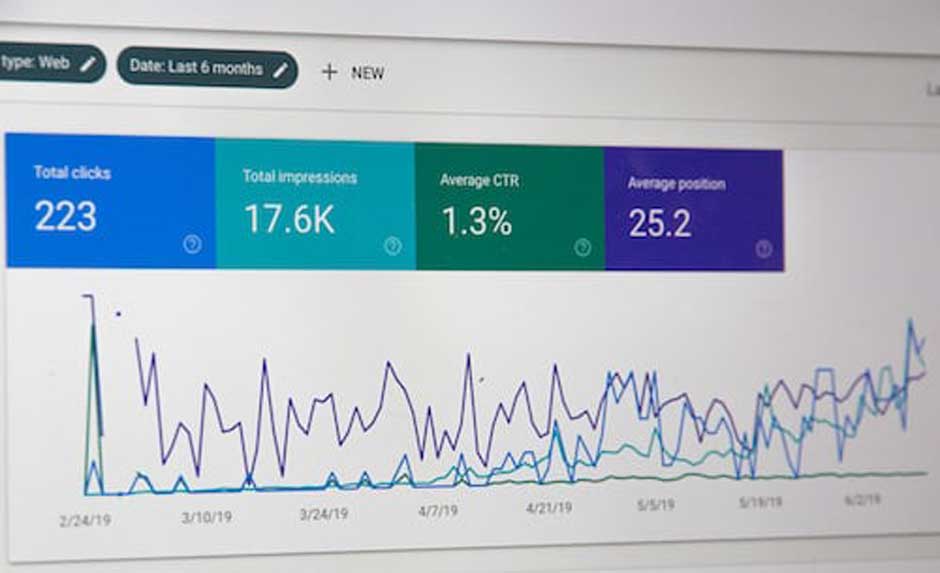There are different aspects to SEO that affect how your site ranks in different ways. Many people tend to focus on aspects of SEO that they control directly, such as keyword placement, titles, meta titles, etc. However, there are also other factors that affect your site that you should also pay attention to.
In fact, SEO includes both on-page elements, such as the ones described above, as well as elements that affect your site from other places. Let’s take a look at what distinguishes these two categories, and what you can do to optimize your Off-page SEO.
What is Off-page SEO?
Search Engine Optimization refers to all of the efforts that are made to optimize a given website. As mentioned above, many site owners focus on aspects of their sites over which they have direct control. This is known as On-page SEO.
Off-page SEO consists of things that are done by other site owners or by other entities that have some kind of bearing on your site. This includes a number of different things, including:
- Backlinks from other sites that lead to yours
- Inclusion on directories or other types of listings
- Reviews on third-party sites
What can you do to optimize these aspects of your site? Let’s take a look at each of them and see what techniques companies are using to make sure that their sites are properly connected to outside sources.
Backlinks
As mentioned above, backlinks are links from other sites that lead to yours. These are different from the links that you place on your own site, and they need to be earned by gaining credibility with other companies, associations, etc.
You might already have backlinks leading to your site. There are different tools that you can use to assess this, and companies such as Mellow Promo are experts in analyzing all aspects of your On- and Off-page SEO.
Once you determine what your backlinks are, you should figure out whether or not they are useful for you. Backlinks can be either helpful or detrimental for your site. Ideally, you want to be connected to companies whose business complements yours, industry associations who have recognized your good work, and community directories. If you find in your analysis that you have these kinds of backlinks, this will work to your benefit.
If, however, you find backlinks that lead to undesirable sites, sites with broken links, or spam, you’ll want to disassociate yourself from them. You can either have this done professionally, or use the “disavowal” tool in Google Search Console.
You can also request links from companies that you would like to be connected to. You can incentivize the connection by offering products or services to the company in question, or by proving your worth to them through testimonials or other means. Going through your backlinks on a regular basis and ensuring that they are in good order is a major component of Off-page SEO.
Directories and other listings
Similarly, you want to have your company’s name listed on as many relevant directories and listings as possible. One major thing that companies should start with is the Google Business Profile. Having a GBP is a great way to get your name out to the general public. You might already be listed on Google and might only need to “claim” your business as your own. If not, you will need to add yourself. The process is fairly simple and takes a few days.
Beyond this, there are numerous different types of directories that you can be listed on, some of which are general and others specific to your industry. For example, Yelp is a popular directory for restaurants in particular. If you are a doctor, sites such as Vitals, Healthgrades, and Wellness are popular. Do some research and see what your competitors in your region are using.
If you see your name listed but without a link, reach out to site owners and see if they can link their site to yours. This will not only make it easier for potential customers to reach you, but it will also improve your SEO ranking in general.
Third-party review sites
There’s no better way to prove your credibility with potential customers than to get lots of positive reviews. You can encourage your customers to leave reviews in different ways. You can provide direct links on your sites to review sites. You can also incentivize customers’ leaving reviews by offering discounts, free items, or loyalty points for doing so.
Look around at the popular review sites in your area and see what people are using. Also, if you see negative reviews about your business, you may be able to leave comments to qualify the reasons for them, or possibly even have them removed.
On-page and Off-page SEO work together
Remember, the Internet is a common forum. The information that others have about you online can be just as important as what you write about yourself. In some respects, others’ assessments of you are even more important, as people put stock in third-party opinions.
So remember to stay on top of your Off-page SEO and ensure that your company’s name remains prominent and positive in the local community. In addition to having a strong name, your SEO ranking will improve as other people’s sites that include your name will also contribute to your ranking.

